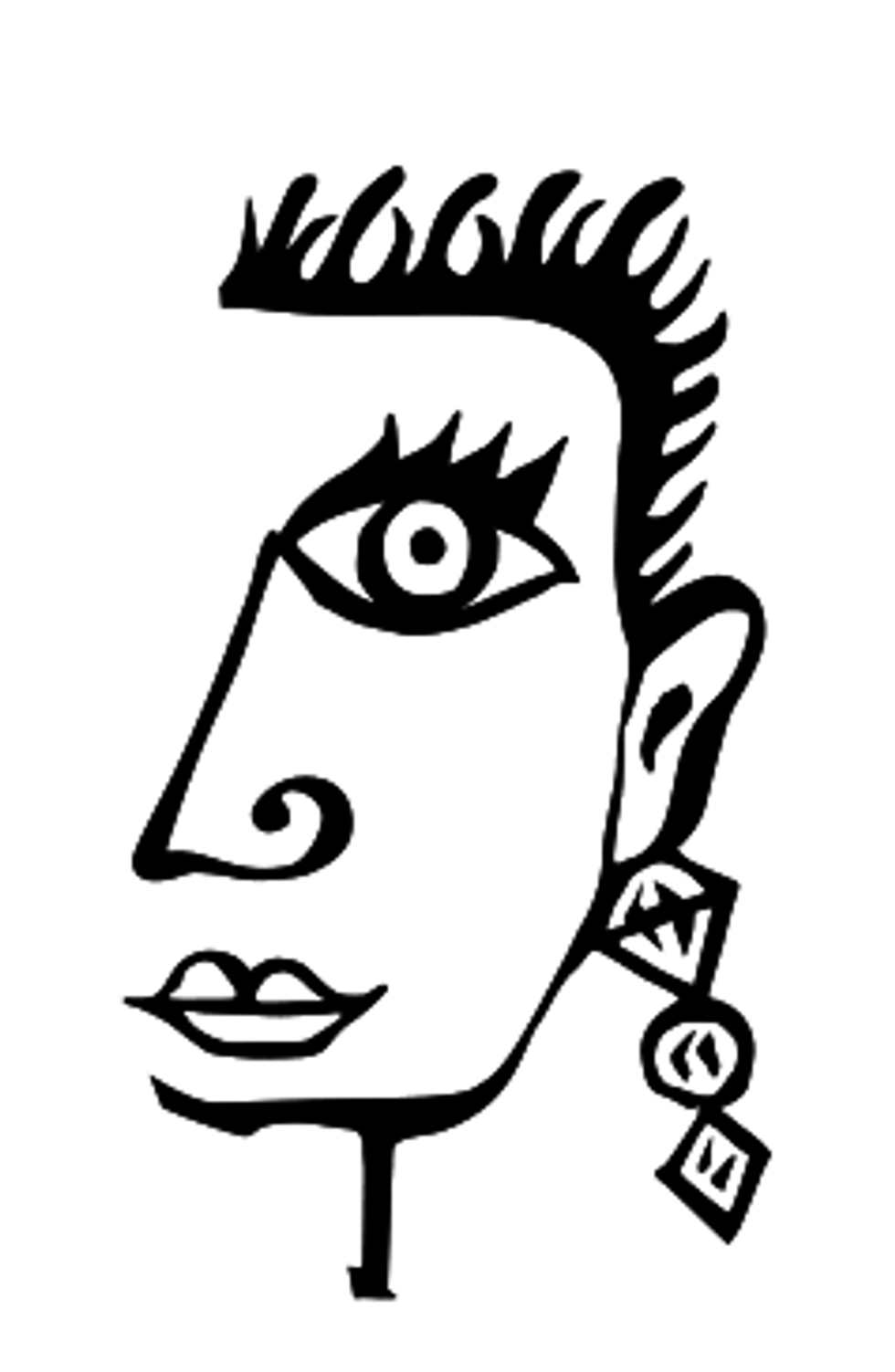If you had to live without hugs … would that make you sad or glad?
BANTER BITE BACKSTORY: How can something as simple as a hug elicit such incredibly different reactions; while it’s not surprising that Red thinks about hugs very differently than Black, it’s very surprising which one of them is supported by science.
Red’s a warm and fuzzy mom, so it goes without saying that hugs are an integral part of who she is. And how she raised her daughters. When her girls were young, she gave them lots and lots of hugs until Black, a self-declared non-hugger, pointed out that not everyone needs or wants a hug. Which, to this day, makes Red wonder,
How could I, a hug-lover, have given birth to two daughters, with neither “inheriting” the hugging gene? But having a non-hugger as my sister, I’ve realized that doesn’t mean they don’t love me, just that they don’t want hugs. Even if I think they need them.
The curious thing is, even as a non-hugger, Black will acknowledge that hugs represent affection, concern, love, appreciation, or sometimes just the joy of seeing someone. And although she’s fascinated by the science behind why some people hate hugs, she’s also read studies (she even sent this one to Red) about their health benefits, including how they can relieve stress.
Red was amused how COVID gave Black an excuse to avoid hugging for years, but now, unless you know her, you might think she’s a germophobe or being overly cautious. But it does beg the question, if hugging is good for you, why would Black avoid it,
We all know what we should do but often ignore what is best for us. I have always felt hugging seems selfish in that it is usually the person who needs a hug who insists on hugging. However, sometimes I will compromise and do it for the other person, so I guess you could say my approach to hugs is … it is better to give than to receive. Even on National Hugging Day.
| Did you know that April's Autism Awareness Month? I wasn't aware (pun intended) of it until I read our local homeowner's monthly newsletter and it caught my eye. | |
| Actually, last month the founding organization, the Autism Society, changed "Awareness "to "Acceptance" to foster inclusivity, as knowing about something is very different from accepting it. But I am guessing that is not the point of this call. | |
| Although it isn't autism, it reminded me of years ago when we found out that Natasha has learning disabilities. | |
| I think you mean DIFF-abilities. | |
| Of course, that's another thing I remember. I was focused on the negative aspects of her diagnosis until you asked me, point-blank, "Why are they called disabilities?" And proceeded to explain that everyone has different strengths and weaknesses. | |
| Exactly! Imagine the world if everyone excelled at math, but flunked English. Or, a world of lawyers, but no musicians. Some people are better at social skills, while others excel at handling technical data. Why not just say that people who have different skillsets and abilities have DIFF-abilities versus making them feel like they have shortcomings? |
| I know that you completely changed my way of thinking, not only about Natasha but about the concept of "disabilities" full stop. It opened my eyes – and my brain – about how just because someone has challenges or limited abilities in some areas, that doesn't mean they don't have different gifts and strengths in other areas. | |
| Exactly. Although autism is a "spectrum condition" meaning it affects people differently and to varying degrees, it is a complex developmental disorder that can affect a person's social skills, and ability to communicate and interact with others. However, autistic people usually possess some extremely valuable traits that are rare in non-autistic people. | |
| Which is why it frustrates me that so many people feel like those with disabilities, excuse me DIFF-abilities, are "lesser" people. When Natasha was diagnosed, she was in her teens and already had a very strong personality (no doubt inherited from you) and, luckily, seemed to have an innate understanding that she was just different, not better, not worse, than others. I guess one of the biggest challenges is to get others to see things with the same mindset. | |
| We are a story-telling society, and there are countless stories of people with DIFF-abilities, including those with autism, that are eye-opening and more powerful than anything we could ever say. | |
| Funny you say that, as I was curious to learn more about autism and found some inspiring quotes (including a wonderful Tom Hanks clip) that not only gave me great insight but made me smile. One of my favorites was how Paul Collins, an author and parent of an autistic child, said, "Autists are the ultimate square pegs, and the problem with pounding a square peg into a round hole is not that the hammering is hard work. It's that you're destroying the peg." That's such a great way to describe not only those with autism but any disability. | |
| Well, technically, it will fit, but it requires that the diameter of the circle be larger than the diagonal of the square. Basic geometry. But, I understand Paul Collin's point. | |
| Talk about DIFF-abilities! Couldn't you just agree with me? | |
| The thought never crossed my mind. |
More Important Than A First Chance? Have You Ever Wanted A Second Chance?
We’ve all wanted a “second chance” at some point in our lives. A “do-over” for a mistake we made, a bad decision, or something that didn’t work out well. An opportunity to show (to ourselves and to others) that we learned our lesson.
Now imagine that second chance being life-changing. For many people who’ve found themselves on the wrong side of the law, a second chance might be all they need to turn their lives around. Which is why April was designated Second Chance Month and why we’re rerunning what changed Red’s perspective on second chances …
| I had no idea that April was “Second Chance Month” until you sent me the official proclamation. I find it interesting that in the midst of juggling our usual million and one Red & Black things, your interest in criminal justice, which I know you consider a “passion project”, is as strong as ever, maybe even stronger. |
| It is not intentional, sometimes “ passion projects” find you. And, when you least expect it. |
| Or where you least expect it! Only you would take a “field trip” to a men’s prison. |
| I will not get on my soapbox about how our education system contributes to the criminal justice problem. I will never forget a friend of mine who was formerly incarcerated telling me, “Rehabilitating people makes the assumption they were habilitated in the first place.” |
| When you stop and think about that statement, it’s pretty powerful! But I have to smile as once upon a time you, and I, used words like “offenders” and “prisoners” until we learned how our choice of words could be dehumanizing . |
| Says the woman who once believed in the idea of “lock ’em up and throw away the key”. |
| That was before! I know you told me that just because someone made a bad decision, it didn’t make them a bad person, but it sounded like a cliche. Now, my opinion is based on our experience and the impact we’ve seen . The feedback has been eye-opening. Unfortunately, life doesn’t come with “do-overs.” |
| Exactly. None of us are perfect. We have all made bad decisions. Second chances are about opportunities to show we have learned from our mistakes. |
| Well, I know I have. Obviously, not anything illegal. But it made me determined to teach my daughters what I had learned. Probably one of the most heartwarming parts of the feedback we’ve received is that so many people on the inside want better – not only for themselves, but for their children and grandchildren. |
| Yes, which is why having a second chance is so critical. And, helping set people up for success, not failure, because it is about more than changing the lives of the formerly incarcerated -- it can change the lives of their families and, in turn, our communities and our country. |
| A ripple effect that could mean more people may get it right the first time and not need a second chance. |
| True. Maybe we should look at it as giving society a second chance … |
March is Women’s History Month, so what better time to reflect on how women can inspire other women to do amazing things? We’re rerunning a Q&A from a few years ago because celebrating women’s accomplishments is worth repeating and rereading … And it shouldn’t happen only in March!
P. S. – Betty White made this list, but how many of these trailblazing women do you recognize?
| Even with two daughters, and a sister who has been a role model for them and other girls (at speaking engagements, girls and boys are always surprised to learn she was the first woman to race the road course at Indianapolis Motor Speedway), it wasn’t until last year that I learned there even was a Women’s History Month. (Which is embarrassing as I claim to love history.) But once I made it a point to not only take notice of stories of women in history, but also women making history (for example, Wally Funk), I realized there are so many inspirational women – you just have to look for their stories. |
|
It is the
21
st Century; we should not need a Women’s History Month to make
sure that we remember and honor all the contributions and accomplishments of women. (And, I will not get into my opinion of the
word "
herstory.”)
But, there are many great ways for us to celebrate. Find stories you find inspirational, and then share them with others. Donate (time or money) to an organization that helps women. Make an effort to support women-owned businesses. Or, maybe something as simple (and as enjoyable) as listening to your favorite female artists and musicians, reading female authors, or watching movies about strong independent women. |


 Black
assets.rebelmouse.io
Black
assets.rebelmouse.io
 Red
assets.rebelmouse.io
Red
assets.rebelmouse.io